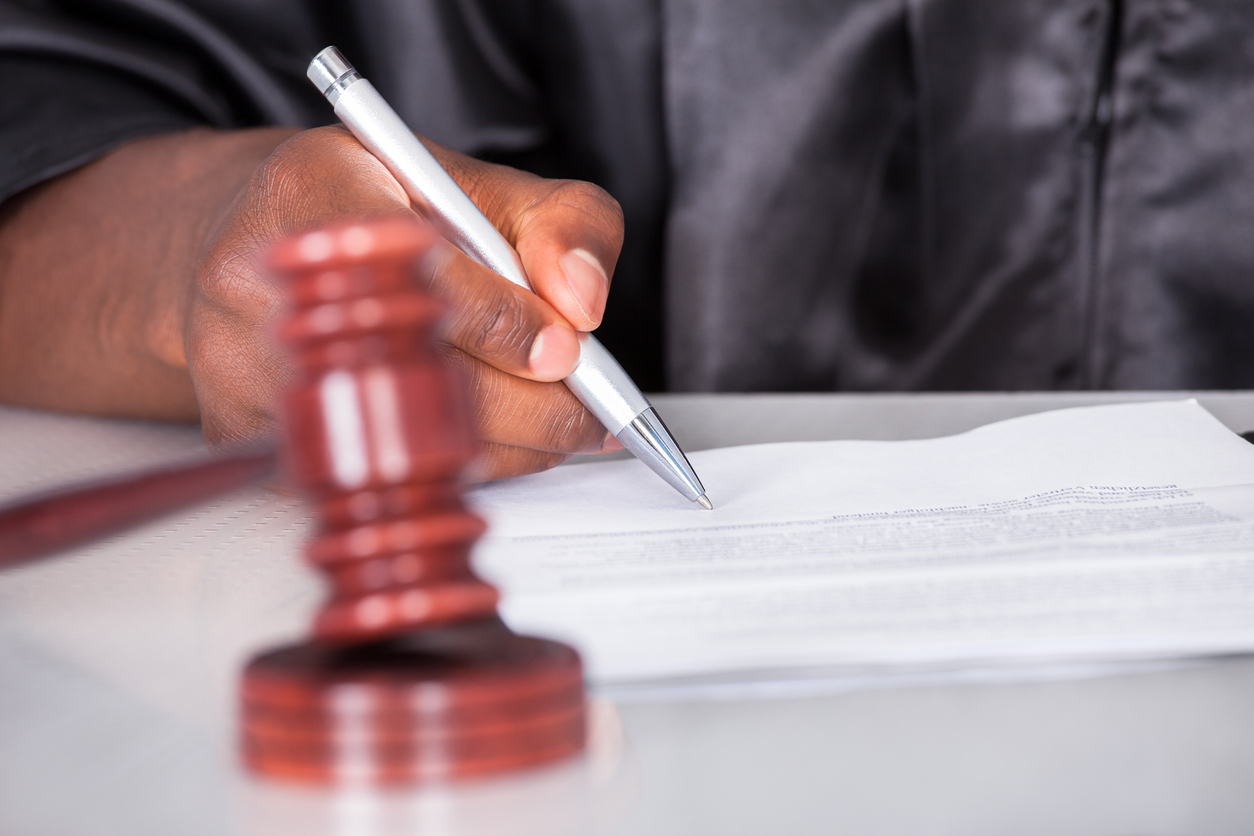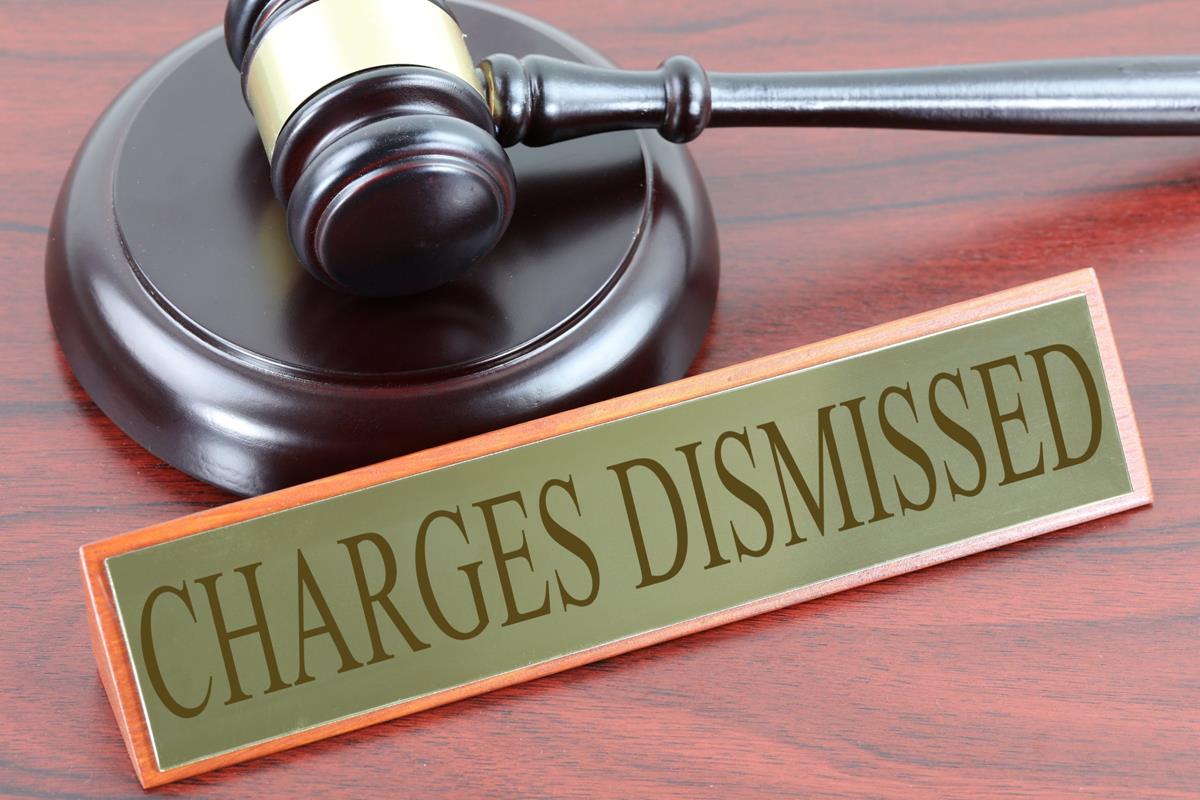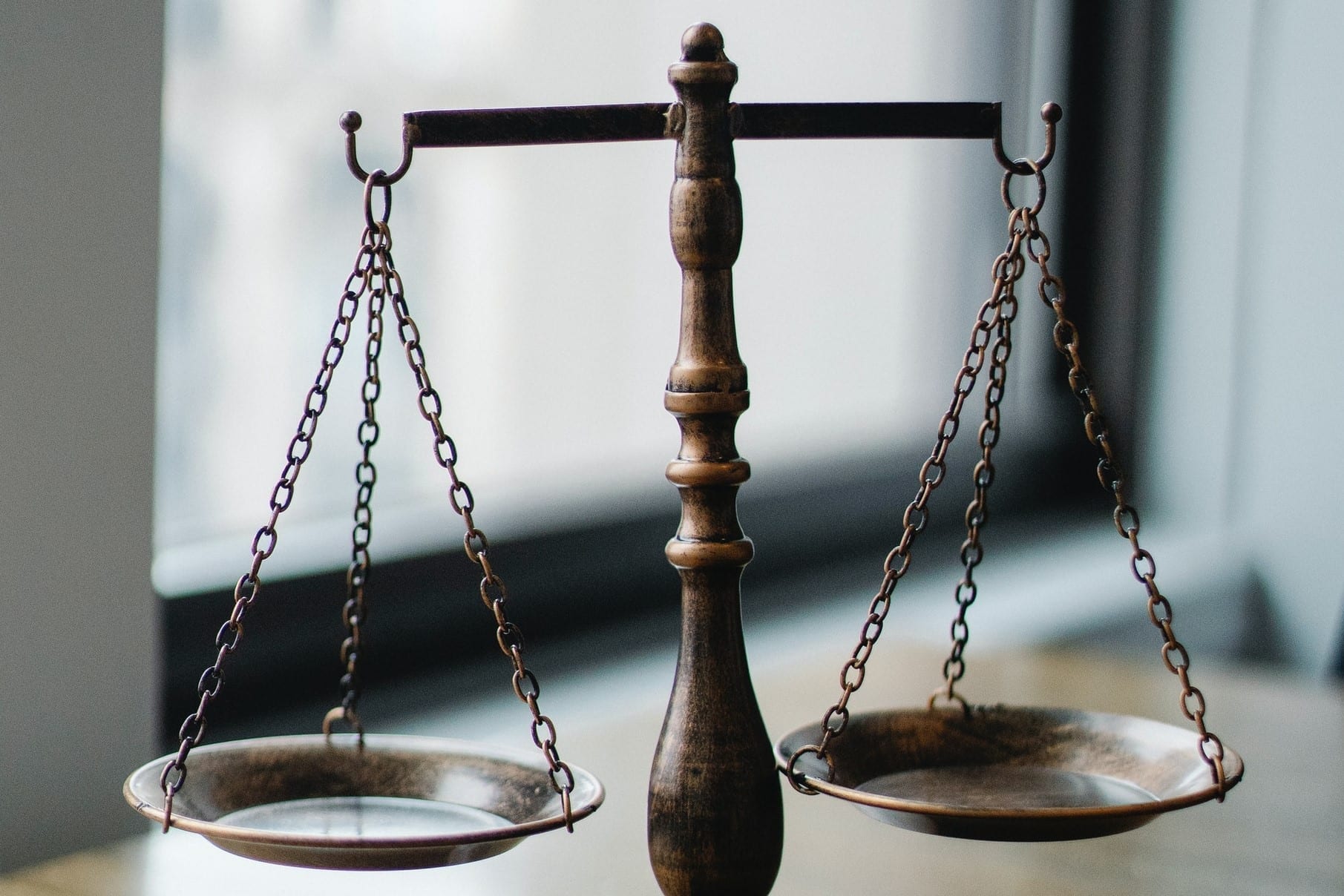Category: Your Rights
What Rights Do You Have During an Arrest?
During and after an arrest, you do have rights. These rights are mostly protected by the Fourth, Fifth and Sixth Amendments.
READ MOREWhat Is Probable Cause In A Hearing or Investigation?
For law enforcement, probable cause allows them to get warrants. Probable cause for prosecutors means they have enough evidence against you to hold a hearing
READ MOREWhat is the Difference Between a Guilty Plea and a Not Guilty Plea?
At the beginning of a criminal case, you have three choices when you enter a plea: guilty, not guilty or no contest. How do you decide which?
READ MOREWhat Does an Acquittal in a Criminal Trial Mean?
Acquittals can also happen for some charges in a case, but not for all the charges. But, an acquittal is not the same as a not guilty ruling.
READ MOREWhat Are Miranda Rights and What Happens When You Invoke Them?
“Miranda rights” are your right to be informed of your Fifth Amendment rights. Under the Fifth Amendment, you have the right to not incriminate yourself. This is also known as the right to remain silent. You also have the right to have an attorney represent you.
READ MOREWhat Are Your Rights To A Trial in a Criminal Case?
The Bill of Rights outlines a number of rights that everyone has during a criminal trial. These rights help to ensure that people have a fair legal process.
READ MOREWhat are Criminal Charges in an Indictment?
An indictment is an official document someone receives when they get accused of a crime. Indictments are usually reserved for felony-based charges.
READ MOREWhat Is a Dismissal of the Charges Against You?
A dismissal of the charges against you means your current criminal case will end. But, this does not mean the charges go away for good.
READ MOREWhat is the Felony Flow Chart?
The first step in the felony flow chart occurs before arrest. This is when a crime is committed or reported.
READ MORETop 10 Laws To Know Before Going To Prison
If you’re going to prison, there are many laws and legal rights you want to know. How to Justice put together this “top 10” list to help.
READ MORE








